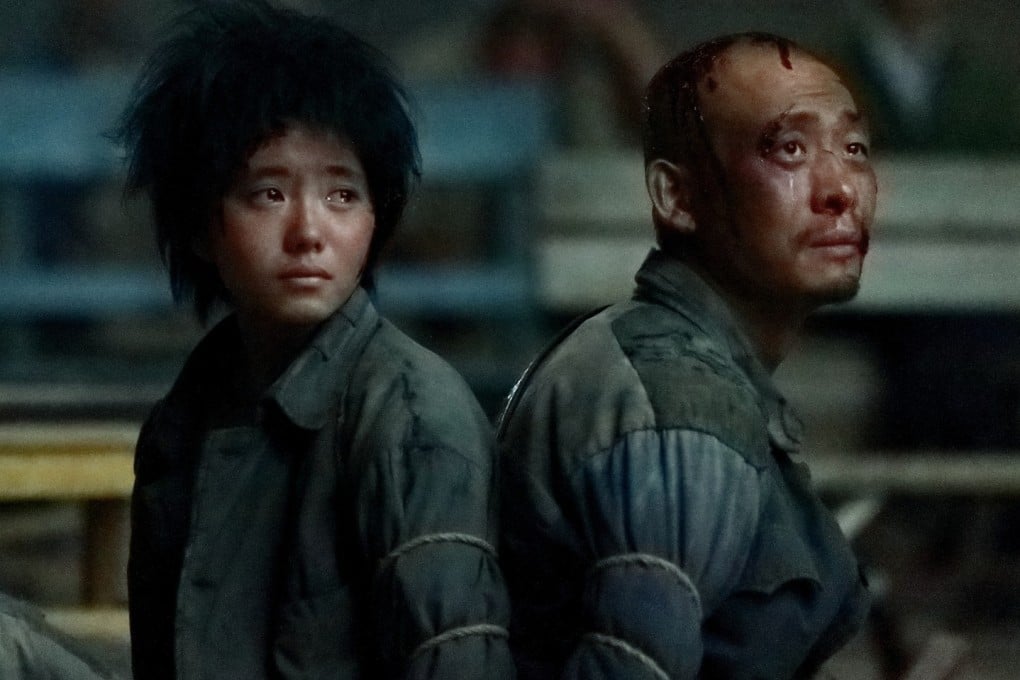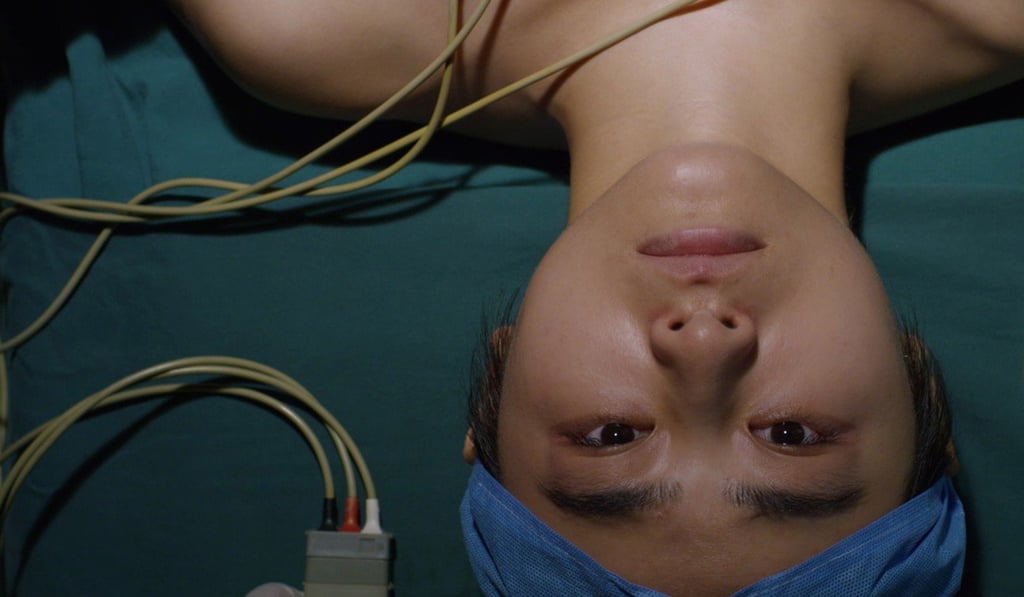Opinion | Chinese censorship the talk of Berlin after Zhang Yimou film pulled from festival – and no wonder
- The Berlin International Film Festival looked like being a celebration of Chinese filmmaking; the withdrawal of Zhang Yimou’s One Second changed that
- With no explanation for the shock decision, international commentators had reason to focus on censorship amid tightening government control of the arts

Barely a week ago, the media in China were eagerly anticipating this year’s Berlin International Film Festival.
Films by three directors from China – Zhang Yimou, Wang Xiaoshuai and Wang Quan’an – were selected for the official competition; in addition, the Global Times highlighted that Wang Lina’s The First Farewell (a Uygur-language feature) and Xiang Zi’s A Dog Barking At The Moon (a drama revolving around a gay man) were also to feature at the festival. The story in the Communist Party-controlled tabloid was no doubt intended to deflect widespread international criticism of the Chinese government’s so-called re-education camps for ethnic minorities, including Uygurs, in Xinjiang, and its clampdown on communities who do not conform to conventional sexual norms.
At the same time European film executives and commentators see the Chinese film industry as occupying a position of strength. In Berlin they were watching as the Chinese box office broke records over the Lunar New Year holiday, helped by the success of The Wandering Earth, a domestically produced sci-fi action blockbuster.
However, this positivity went by the board when organisers announced on Monday that director Zhang’s One Second had been pulled from the festival for “technical reasons”.

Its producers have since maintained an eerie silence over the status of Zhang’s film, which is set during the Cultural Revolution in China, and officials declined to address the issue publicly.
There has been plenty of speculation about why Zhang suffered this enormous slap in the face: having directed the opening and closing ceremonies of the Beijing Olympics in 2008, the veteran filmmaker – whose nickname is guoshi, or “National Teacher” – has long been considered part of the establishment.
